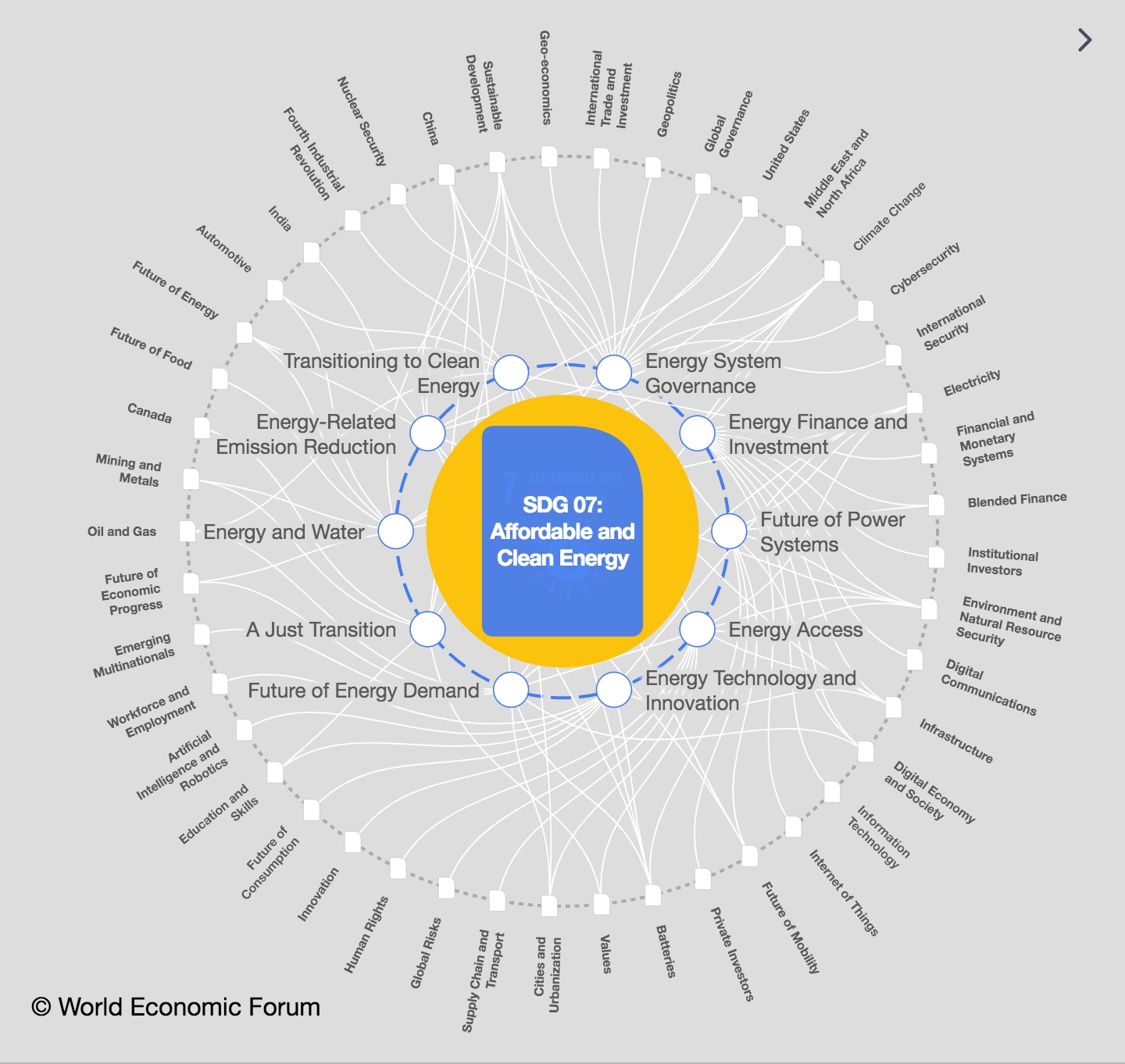This is Germany's $45 billion, 18-year plan to move away from coal fired power stations

The agreement between the government and regional leaders sets an 18-year timeframe to phase out Germany’s coal fired power stations. Image: Unsplash/AC Almelor
- Germany has said it will phase out coal by 2038 as it looks to renewable energy sources for its power generation.
- A $45 billion compensation fund will assist the closure of Germany's coal fired power stations and lignite mines and help reskill the sector’s workers.
- Germany’s booming renewable energy sector aims to produce 65% of the country’s electricity by 2030, creating many new job opportunities.
Germany is the world’s biggest producer of lignite – the dirtiest grade of coal – and some states have invested heavily in a coal-fired future. But a recent agreement is set to make the country a coal-free zone by 2038, paving the way for a transition to cleaner energy sources.
The agreement between the government and regional leaders sets an 18-year timeframe to phase out Germany’s coal-fired power stations, which are a significant driver of global warming.
In a bid to reduce emissions, the government aims to generate at least 65% of the nation’s electricity needs from renewable sources by 2030.

As the chart shows, in 2018 coal fired power stations generated around 35% of the country’s electricity. Across the EU as a whole, this figure is about 20%.
Also known as brown coal, lignite is extracted from open mines, which can permanently damage the landscape, destroying animal habitats and local ecosystems, according to the Federal Ministry for Economic Affairs and Energy. The decision to phase out Germany’s coal sector could also prevent whole villages from being demolished to make way for new mines.
If not coal fired power stations, then what?
Coal is an important power source for many countries, and according to the International Energy Agency its use is “likely to be significant in the future in the absence of concerted government policy”.
It says that if coal is to have a place as a cleaner energy source in the coming decades to come, “greater efforts are needed by government and industry to develop and deploy less polluting and more efficient technologies”.
While Germany’s move away from coal fired power stations and lignite mines will prove an expensive business in the short term, it may prove to be a small price to pay compared to dealing with climate change in the long term.
A $45 billion compensation package will support closing lignite mines and coal-fired power stations in Saxony-Anhalt, Saxony, North Rhine-Westphalia, Brandenburg, and other areas dependent on the coal industry.
The fund will compensate mines and utilities for lost production revenues, fund new infrastructure projects in coal-dependent areas, and help coal-industry workers retrain for new jobs in their local area.
Germany’s lignite industry employs around 20,000 people, three-quarters of which are pit workers and the rest work in lignite-fuelled power stations. A further 5,000 people work in black coal-fired power plants, despite the country’s last black coal mine closing in 2018.
As climate change impacts the planet and the price of clean energy from solar power and wind farms continue to fall, renewables are a growing influence in Germany and many other countries.

Renewables are a growing part of Germany’s energy mix and their upward trajectory looks set to continue. Wind, solar and other clean energy sources currently account for more than a third of the country’s energy production, having more than doubled over the past eight years.
International Renewable Energy Agency (IRENA) figures for 2018 show around 284,000 people working in Germany’s renewable energy sector, the vast majority in wind energy.
To reach the government target of 65% renewables by 2030, the sector will need to increase its current share of the energy mix by half, creating numerous new jobs for people living in Germany.
How is the World Economic Forum facilitating the transition to clean energy?
Policy pledges
Germany's decision to phase out coal fired power stations by 2038 – or sooner if the transition to clean energy goes to plan – is in line with EU leaders’ decision to make the bloc carbon neutral by 2050.
Other European nations are also saying no to coal, with a host of EU member states declaring their intention to phase out the fuel.
Finland approved a ban on the use of coal to produce energy, which comes into effect in May 2029, for example, and the Netherlands announced plans to close all coal-fired power plants by the same year.
Countries like Ireland, Denmark and France have set later deadlines.
At Davos, the World Economic Forum is urging all participants to set a net-zero emissions target.
German Chancellor Angela Merkel will address the meeting on Thursday at 14:15 GMT.
Don't miss any update on this topic
Create a free account and access your personalized content collection with our latest publications and analyses.
License and Republishing
World Economic Forum articles may be republished in accordance with the Creative Commons Attribution-NonCommercial-NoDerivatives 4.0 International Public License, and in accordance with our Terms of Use.
The views expressed in this article are those of the author alone and not the World Economic Forum.
Stay up to date:
SDG 07: Affordable and Clean Energy
Related topics:
Forum Stories newsletter
Bringing you weekly curated insights and analysis on the global issues that matter.






